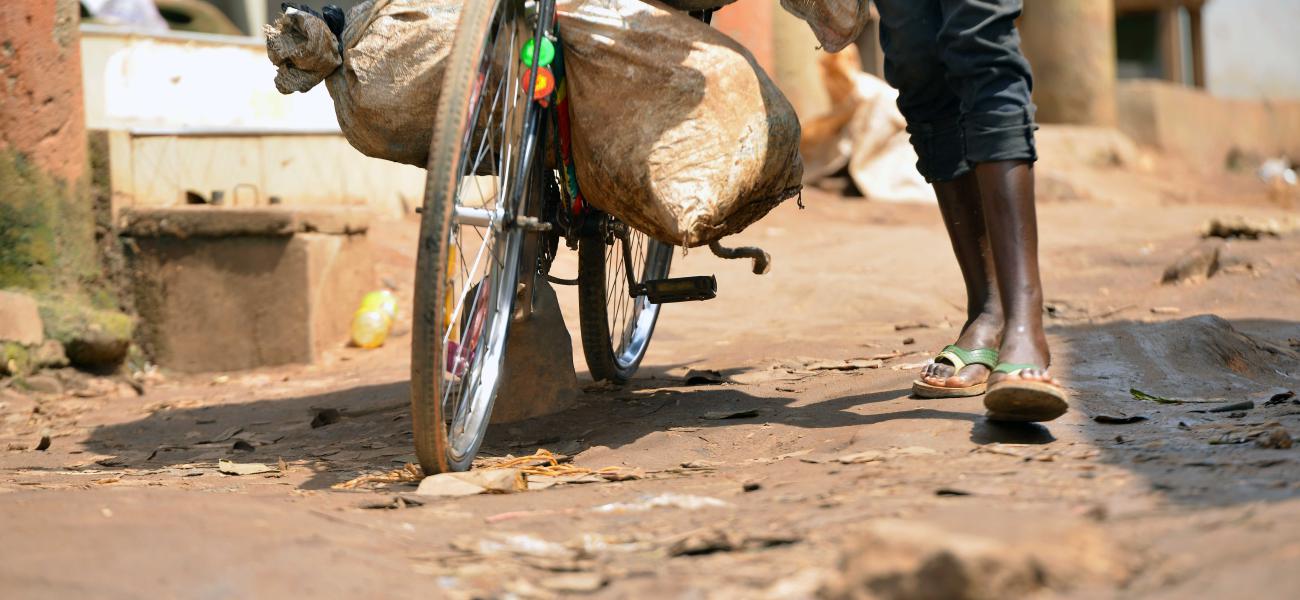Urban Resilience Project
Inclusive Local Economic Development

The Urban Resilience Project explores the possibilities of transition to sustainability by analysing evidence that links the relationships between climate risk, social inclusiveness and sustainable urban development. The research is based on three pillars.
- 1.The first pillar focuses on climate risks to Kampala that is largely excessive rainfall leading to floods and heat waves. The research focuses on how micro-to-meso scale technologies and policy options can reduce the risk posed by climate extremes in the city for resilience.
- The second pillar focuses on energy transitions at the household level, which is tapped from organic wastes including faecal matter explored through a business model lenses that would have co-benefits of integrating poor members of the urban Kampala into the urban economy. The pillar explores issues of how many toilets are functional and how many are under construction, how much is produced and used for what. Household energy alternatives will also be analysed for feasibility and possibilities for inclusion of the urban disadvantaged communities into the economy. It explores the business model of waste to energy, its benefits and contribution to resilience building in the city as well as how these innovations can feed into the mainstream energy provision, the institutional enablers required for scaling up of the energy mix.
- The third pillar focuses on the ecosystem’s enhancements for leveraging ecosystems services at multiple scales from plot level to city regional scale to assess sustainability of resources use within the city region. The pillar utilizes geospatial technologies to spatially analyse the urban land use dynamics in the city and relate it to urban heat island effects as well as land cover loss including loss of agricultural land.
The project has collaborating partners like Actogether, Ministry of Lands, Housing and Urban Development, Kampala Capital City Authority and a local community-based NGO KALOCODA where the partnership is consolidated by co-production knowledge and through regular workshops.
Funded by:AXA Research Fund
PI:Associate Prof Shuaib Lwasa
-
StatusOngoing